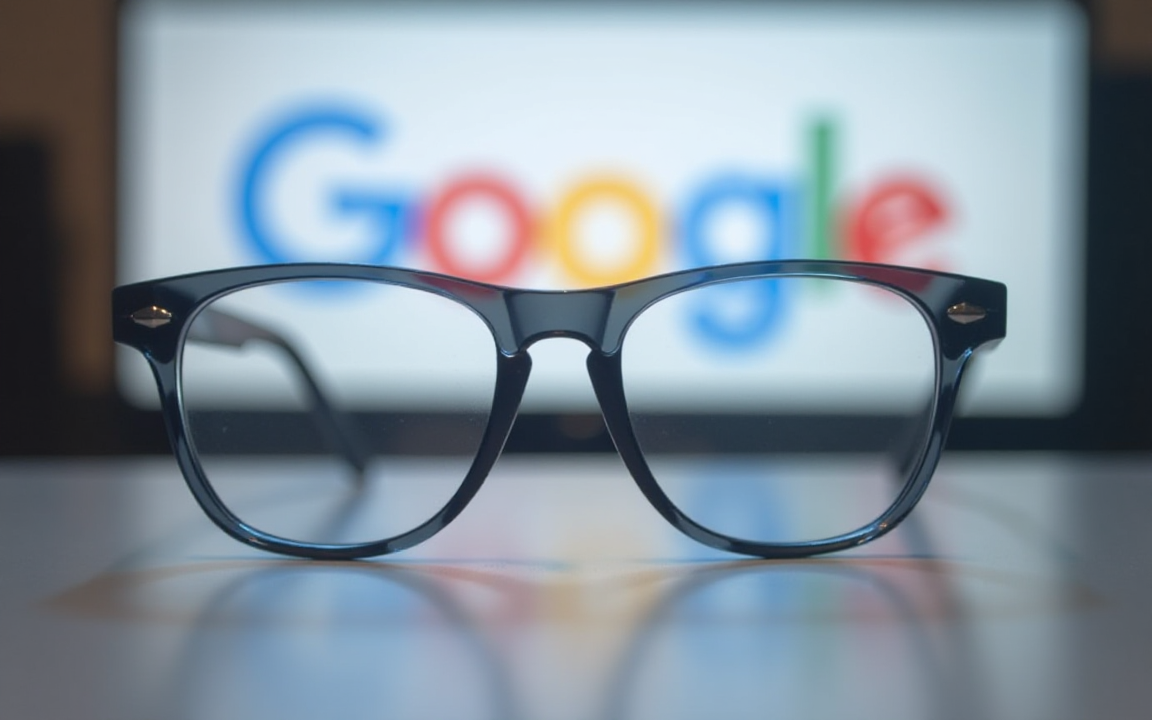
Google’s renewed push into the smart glasses market through new partnerships with Warby Parker and luxury fashion group Kering will also benefit EssilorLuxottica- the company behind Ray-Ban smart glasses made with Meta- and accelerate the broad adoption of smart glasses, analysts say.
Both Warby Parker and Kering, in separate announcements on Tuesday, said they are working with Google to develop glasses embedded with artificial intelligence, using Android XR, a version of the Android operating system tailored for headsets and glasses.
The collaboration with Warby Parker is particularly significant as Google is investing up to $75 million in the company’s product development and commercialization costs.
The companies plan to unveil their first product line after 2025, with a series of offerings expected to follow.
The two partnerships signal Google’s broader strategy to re-enter a market it helped pioneer, but exited early.
Google Glass was once at the forefront of wearable innovation but was eventually shelved due to privacy concerns and tepid consumer interest.
Loop Capital analyst Anthony Chukumba described the Google-Warby partnership as a “dream scenario” and predicted rapid expansion of the smart glasses category.
“We expect smartglasses growth to be exponential over the next few years, particularly given the product is squarely at the intersection of wearable technology and AI,” he wrote.
Deal could accelerate adoption of smart glasses
Investor response to the announcements was swift.
Warby Parker shares closed up 16% at $20.34 on Tuesday, buoyed by optimism that the collaboration could mark a turning point for the company’s growth.
Shares of Innovative Eyewear, a smaller smart glasses maker, rose 12% to $3.02.
Meanwhile, Vuzix, another competitor in the space, fell 3% to $2.46.
Jefferies analysts said Google’s partnership with both Warby Parker and Kering to develop artificial intelligence-powered glasses could help accelerate the adoption of smart glasses.
They said that Warby Parker is less influential than EssilorLuxottica, the eyewear which with its partner Meta, leads the smartglasses category.
“However, seeing established companies work on smart glasses suggests they might become mainstream soon,” they add.
Deal validates the success of EssilorLuxottica and Meta’s Ray-Ban smart glasses
The renewed interest in smart glasses comes as demand for AI-integrated wearables appears to be rising.
Meta CEO Mark Zuckerberg recently reported a surge in demand for Ray-Ban smart glasses, with 2 million units sold by the end of 2024.
A new model is expected to launch later this year.
Equita Sim analyst Domenico Ghilotti said EssilorLuxottica should benefit from Google’s partnership as the move validates the success of Meta and EssilorLuxottica’s offering and underlines the growing importance of smart eyewear as a channel for deploying consumer AI.
“The deal signals the expected reaction of players like Google to the commercial success of Ray-Ban smart glasses, which EssilorLuxottica develops with Meta Platforms,” Ghilotti says.
It marks “a confirmation of the growing relevance of this product for the penetration of AI solutions,” the analyst adds.
The post Google’s smart glasses bet with Warby Parker could also benefit this other eyewear maker appeared first on Invezz

